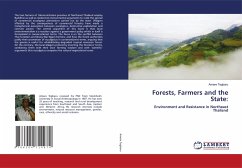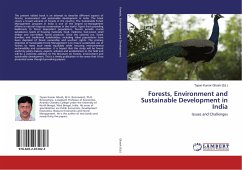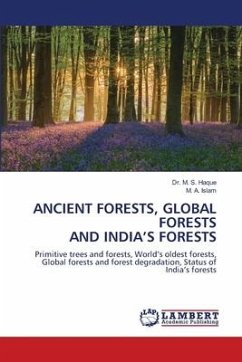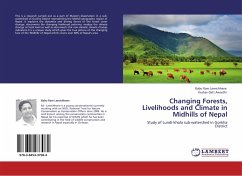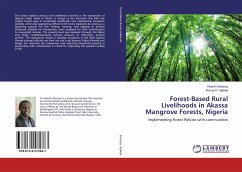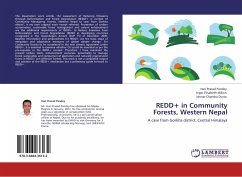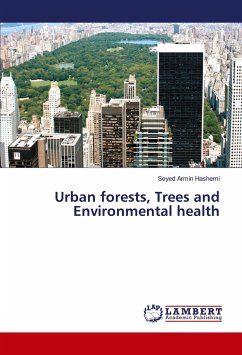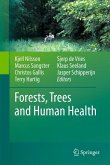The Isan farmers of Ubonratchatani province of Northeast Thailand employ Buddhist as well as modernist environmental arguments to resist the spread of commercial eucalyptus plantations carried out by the state. Villagers affected by the consequences of commercial forestry have made a metaphorical association between eucalyptus, destructive exploitation and coercive power. The central argument of this book is that local environmentalism is a reaction against a government policy which in itself is formulated in conservationist terms. The focus is on the conflict between Thai foresters and Nong Wai Ngam farmers, and how the forest authorities justify their promotion of eucalyptus in conservationist terms, arguing that the species is useful for rehabilitating degraded tropical monsoon forest. On the contrary, the local villagers protest by inverting the foresters' terms, combining them with their own farming wisdom and with 'scientific' arguments that eucalyptus competes the natural vegetational cover.
Bitte wählen Sie Ihr Anliegen aus.
Rechnungen
Retourenschein anfordern
Bestellstatus
Storno

